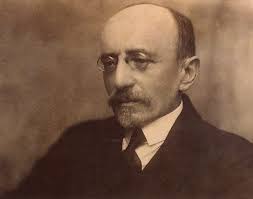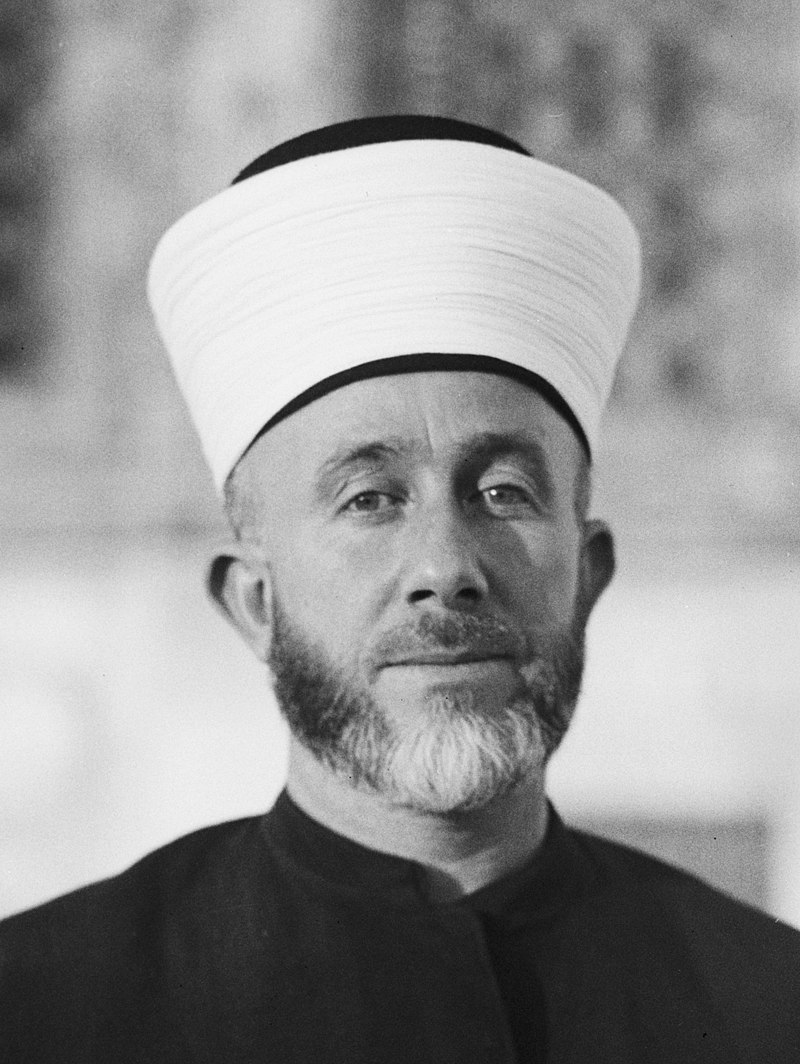JEWS & ARABS
As Jews began moving by the thousands to Palestine in the late 1800s and early 1900s, tension developed between these new Jewish settlements and nearby Arab villages.
Although Jews had never fully left Palestine since ancient times, they were a small and religious community located primarily in Jerusalem, Tsfat, and a few small towns in the Galilee region. While the Jews are indigenous to Palestine (or Eretz Yisrael, the Land of Israel), the local Arabs were native. And as we know from our modern politics, relations between natives and new immigrants is often strained, especially when the new arrivals are bringing different cultural, religious, and economic perspectives.
let’s clear up some myths
Contrary to the oft-heard belief, there was no “Palestinian state” prior to the creation of Israel in 1948; neither did Jewish settlers from Europe steal Arab land as part of a European colonialist project.
Palestine then was a part of the Ottoman Empire (Muslim yes, Arab no), which had ruled the area since the 15th century CE, but the Ottomans hadn’t ruled it well. As Jews arrived they bought up land to farm and settle. The Jewish National Fund raised funds to purchase land from local Arab landowners, who were often happy to sell land to the Jews at higher prices. Although the Ottomans occasionally banned landowners from selling to the Jews, the practice continued.
Nor were Jews immigrating as part of a colonialist-imperialist objective. As we’ve learned, Jews were fleeing European persecution, not moving to Palestine on behalf of a European power to exploit the land and population.
Okay but still…
Ahad Ha’am, the father of Cultural Zionism, warned about the mistreatment of Arabs by the Jews. Visiting Palestine in the 1890s, he reported that the Jews were struggling mightily to carve out a basic existence. He also described the settlers’ dealings with the Arabs as unjust and cruel, hostile and contemptuous:
“the oppressed are becoming the oppressor”
Ahad Ha’Am warned that the consequences would be serious. “If the time comes that our people’s life in Eretz Yisrael will develop to a point where we are taking their place…the natives are not going to just step aside so easily . . . . They keep anger in their hearts. And these people will be revengeful like no other.”
Photo source: Museum of the Jewish People at Beit Hatfutsot
Arab village in the West Bank. Photo: Jason Harris
The Zionist Movement’s big mistake
Although Ahad Ha’Am’s criticism applied to a minority of Jewish settlers, Zionism’s real error was its naïveté. Theodore Herzl and his Political Zionism branch believed that the Jews would bring such a high level of development and prosperity to Palestine that the Arabs would welcome a Jewish homeland there. They were so focused on Jewish needs in Palestine that they all but neglected the impact on the Arabs, assuming that the Arabs would come to peaceful terms with the Jewish presence, given the benefits.
Yeah, not quite
Tensions between Jews and Arabs continued to build throughout the early 1900s, propelled by incoming Jewish immigration and the purchase of significant amounts of land.
It begins
Tel Hai, March 1, 1920
Tel Hai was a small settlement in northern Palestine straddling a contentious line between French and British territory. An armed Arab group descended on Tel Hai. When a squad of Jewish militia, led by Joseph Trumpeldor, came to defend the settlement, a firefight broke out. Six Jews were killed. Though considered a small skirmish at the time, it became known as the beginning of armed conflict between Jews and Arabs.
Tel Hai had a profound impact on the Yishuv — the Jewish community in Palestine. It inspired a narrative of national heroism and Zionist martyrdom, exemplified by Joseph Trumpeldor, whose last words were said to have been, “It is good to die for our country.” Trumpeldor and seven other Jews killed during the battle for Tel Hai and an earlier skirmish were honored in the naming of Israel’s biggest city in the north: Kiryat Shmona, the Town of Eight.
The battle at Tai Hai, and increased Arab aggression against Jewish settlements in the tense north of Palestine, also led to the development of organized Jewish self-defense groups.
Riots, 1920-21
The rise of an Arab nationalist movement in the 1920s fed increased resentment, grievance, and anger against both the Jews and the British. Led by a charismatic anti-Semite named Haj Amin al-Husseini, Arabs rioted in Jerusalem, Jaffa, and throughout Palestine, killing several dozen Jews, including the famous poet Yosef Chaim Brenner. They were angry at increased Jewish immigration, at the failure of Britain to make Palestine an Arab state, and at British support for a future Jewish homeland.
The British responded by mostly blaming the Jews and restricting immigration in an effort to appease the Arabs (it didn’t work). Amin al-Husseini was appointed the chief Muslim representative to the British government, giving him a great deal of legitimacy.
The riots convinced many, especially Vladimir Jabotinsky, of the need for an aggressive Jewish defense in the face of Arab intransigence.
al-Husseini will be the Jews’ chief nemesis in Palestine for the next several decades.
Haj Amin al-Husseini. Photo source: Wikipedia
Wait, what do the British have to do with it?
Right, good question. The British officially came onto the scene a few years earlier, during World War One, when they enlisted Jewish and Arab support in the defeat of the Ottoman Empire in the Middle East. This led them to make contrasting promises to each side that couldn’t be resolved.






